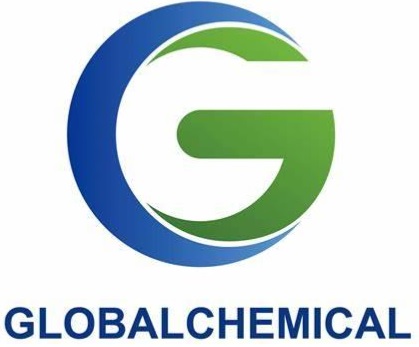
- The GFC Fund launched its first project call in late 2024.
- This initiative aims to help developing countries manage chemicals and waste safely and sustainably.
- It was established during the 5th International Conference on Chemicals Management (ICCM5) in Bonn, Germany, 2023.
What is the GFC Fund?
- The GFC Fund is a financial mechanism created to support countries—especially low and middle-income countries—in:
- Managing hazardous chemicals and waste,
- Adopting safe chemical usage in agriculture and industry,
- Promoting cleaner technologies and practices.
- It works alongside other global funds, like the Global Environment Facility (GEF), to support environmental goals.
Objectives of the GFC Fund
Financial Support:
- Provides funding (USD 300,000 to 800,000 per project for up to 3 years) to help countries improve chemicals and waste management systems.
Capacity Building:
- Helps nations strengthen their national and regional capabilities to deal with hazardous materials.
Promote Safety Standards:
- Encourages the use of internationally accepted norms for chemical usage and waste disposal.
Circular Economy:
- Supports projects that promote recycling, reuse, and safe disposal of harmful substances to reduce environmental impact.
Governance and Structure
- Managed by an Executive Board consisting of:
- 2 national representatives from each UN region,
- Donors and contributors.
- This Board oversees project selection, funding decisions, and overall implementation.
What is the Global Framework on Chemicals (GFC)?
- The GFC is a global agreement adopted in 2023 to create a “planet free from harm caused by chemicals and waste.”
Key Features:
- 28 Targets to be achieved by 2030 and 2035.
Includes:
- Elimination of highly hazardous pesticides by 2035.
- Prevention of illegal trade in chemicals and waste.
- Greater transparency in chemical ingredients and risks.
- It encourages all sectors—governments, industry, and civil society—to participate.
First Call for Projects (2024–2025)
- The first application round ran from October 2024 to January 2025.
Eligible applicants:
- National governments of developing countries
- Small Island Developing States (SIDS)
- Civil society groups (with government approval)
Selection Criteria:
- Alignment with GFC objectives
- Gender equality, inclusion
- Long-term impact and local ownership
- Co-funding (25% contribution required)
Global Examples of Chemical Safety Initiatives
- SAICM (Strategic Approach to International Chemicals Management)
- A voluntary international policy for safe chemical management across sectors.
Basel Convention
- Regulates cross-border movement and disposal of hazardous waste.
Stockholm Convention
- Aims to eliminate persistent organic pollutants (POPs) that harm health and the environment.
Importance for India and the World
- India, being a rapidly developing economy, generates significant industrial and agricultural waste.
- Learning from GFC practices can help India:
- Improve toxic waste management,
- Promote green chemistry,
- Align with global sustainability goals (like SDG 12 – Responsible Consumption and Production).